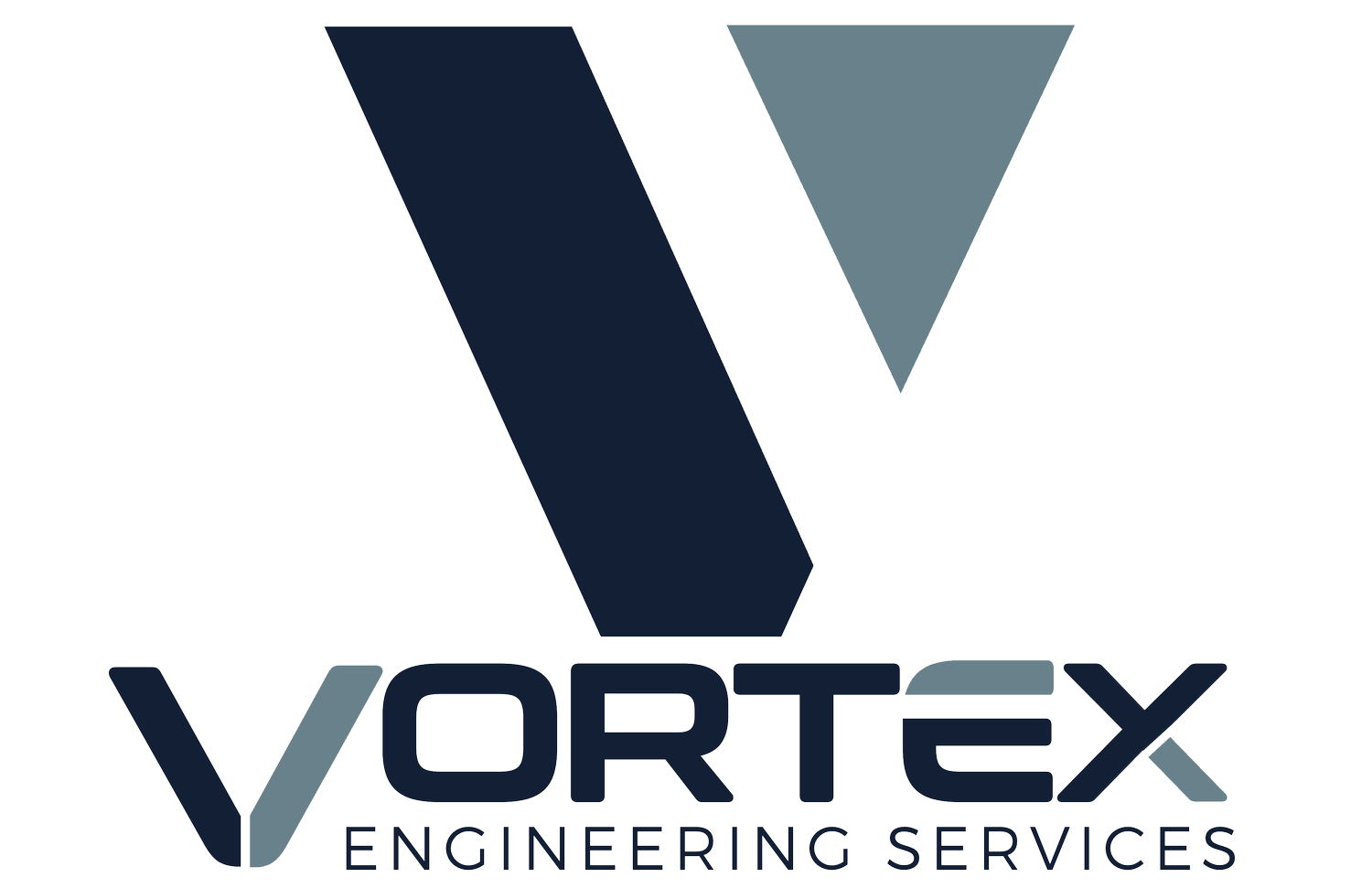Fresh Air Matters: How Indoor Air Quality Impacts Your Workplace
When we're indoors, whether at home or work, the air we breathe plays a huge role in our health.
Below, we explore why it's crucial for both homes and businesses to keep their indoor air clean and how companies can effectively monitor and manage indoor air quality (IAQ).
Understanding Indoor Air Quality (IAQ)
Indoor Air Quality (IAQ) refers to the cleanliness of the air inside buildings, including homes and workplaces. Poor IAQ can lead to health issues like headaches, fatigue, and respiratory problems, affecting both employees' well-being and productivity.
The Role of HVAC Systems in IAQ Management
Heating, Ventilation, and Air Conditioning (HVAC) systems are essential for maintaining healthy indoor air. They regulate temperature, humidity, and airflow while filtering out pollutants, ensuring a comfortable and safe environment for occupants.
Ventilation Rates vs. Air Quality
In the past, people believed that increasing ventilation rates would automatically improve IAQ. However, simply bringing in more outdoor air isn't always effective, as it can introduce pollutants. Instead, it's crucial to focus on monitoring and managing the concentration of contaminants indoors.
The Impact of Poor IAQ on Businesses
Poor IAQ can have serious implications for your businesses, including decreased employee productivity, increased absenteeism, and potential legal liabilities. Addressing IAQ issues is not only essential for safeguarding your employees health but also for maintaining a positive work environment and helping in reducing your operational costs.
The Need for Effective Air Quality Monitoring in Businesses
Businesses need to invest in effective air quality monitoring systems to ensure the health and well-being of their employees. Regular monitoring allows companies to identify IAQ issues promptly and take corrective actions to mitigate potential risks.
Adapting HVAC Systems for Better IAQ
With real-time IAQ data, businesses can optimise their HVAC systems to improve indoor air quality. This may involve adjusting ventilation rates, upgrading air filtration systems, or implementing air purification technologies to reduce pollutant levels.
Regulatory Compliance and Industry Standards
Regulatory agencies and industry organisations set guidelines and standards for maintaining IAQ in commercial buildings. Compliance with these standards not only ensures a healthy indoor environment but also helps businesses avoid penalties and legal consequences.
Challenges in IAQ Management for Businesses
Despite the availability of guidelines and technologies, businesses face challenges in effectively managing IAQ. These challenges include identifying the most suitable monitoring systems, balancing energy efficiency with IAQ requirements, and addressing diverse indoor environments within commercial buildings.
Embracing Innovations for IAQ Management
Advancements in sensor technology and data analytics offer promising solutions for IAQ management in businesses. Smart sensors and AI-driven systems can provide real-time insights into indoor air quality, enabling proactive measures to maintain a healthy work environment.
Ensuring clean indoor air is essential for both homes and businesses. By prioritising IAQ management, you can create healthier workplaces, improve employee satisfaction and productivity, and demonstrate your commitment to employee well-being and safety.
To find out more about the services we offer and how we can help your businesses air quality effectively and efficiently, give us a call.
